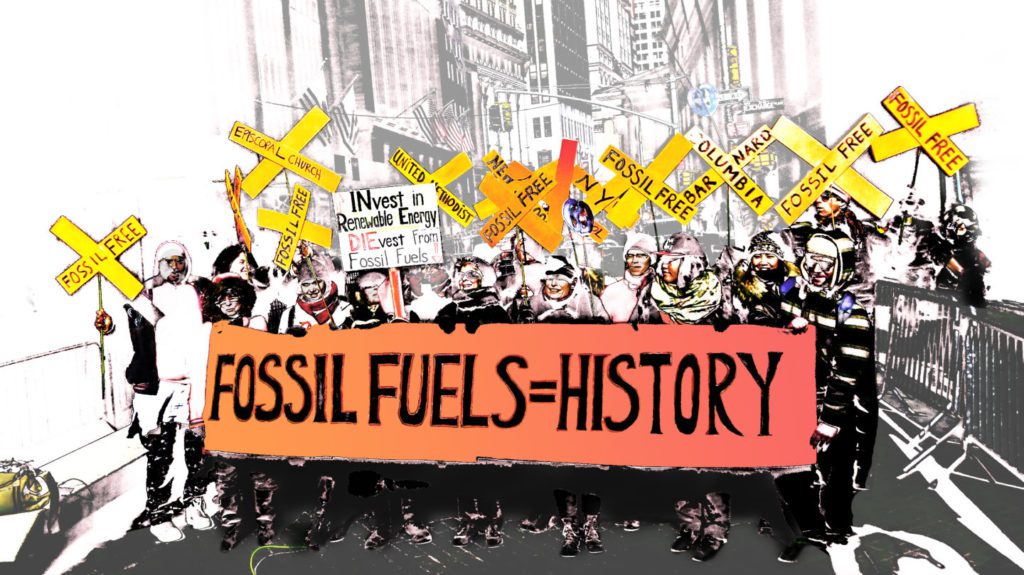September 6, 2018
Berkeley, CA — In conjunction with this week’s Rise for Climate, Jobs, and Justice protests, Climate Defense Project has released the Principles of Climate Civil Resistance, a document summarizing the legal basis for nonviolent resistance to the fossil fuel system. The Principles list numerous legal violations committed by state and federal governments in the permitting and promotion of fossil fuel use, including violations of constitutional and human rights. The document points to “fundamental and undeniable rights” allowing individuals and communities to nonviolently resist injustice and to assert the legality of such resistance in light of “the extreme and existential threat of climate change to all human and non-human life.”
As a guide to legal ideas that may be useful to climate activists, the Principles do not propose any specific actions nor do they encourage illegal activity. Instead, the document is intended to provide context to a growing wave of nonviolent protest against fossil fuel extraction and transportation projects across the United States. As activists increasingly turn to direct action to prevent the fossil fuel industry’s harmful activities, state and federal governments have imposed harsher criminal charges against protesters and introduced legislation to criminalize dissent against the oil, gas, and coal industries. The Principles are based on the concept of “civil resistance,“ which may encompass a broad array of nonviolent tactics such as boycotts and non-cooperation that have often been used to topple unjust regimes.
According to Ted Hamilton, a staff attorney with Climate Defense Project, the Principles are intended as a resource and legal tool for campaigns already engaged in resistance work: “This document simply summarizes the many violations of the law involved in the government’s support of the fossil fuel industry and provides an easy way for activists to describe the legal basis for their direct action to protect the climate. It can be used in public debates, at protest actions, and in court to describe the legal side of the moral debates over climate change.”
A PDF version of the Principles of Climate Civil Resistance is available here.
Go here for more information on this week’s Rise for Climate, Jobs, and Justice, and be sure to check local sources for additional actions.





